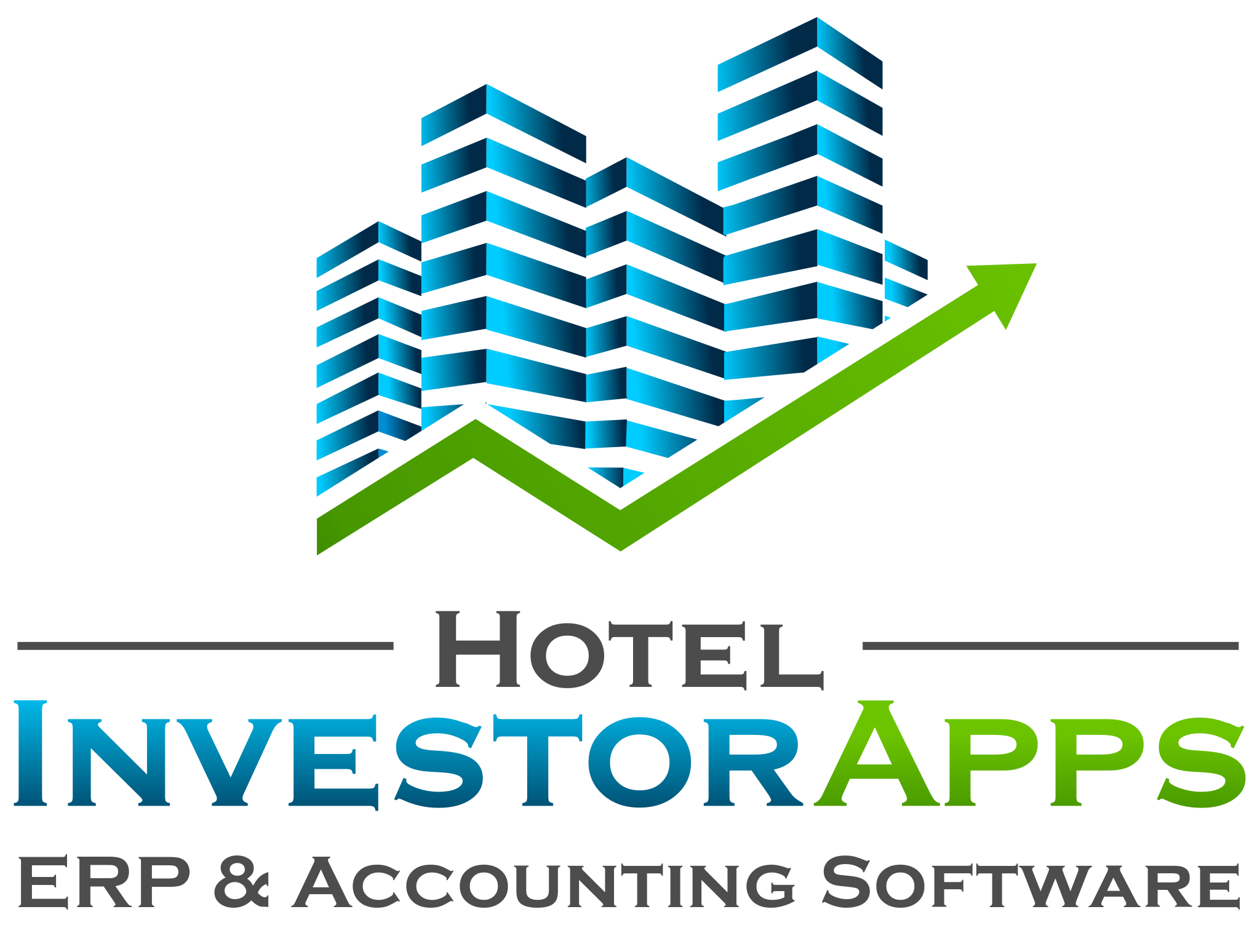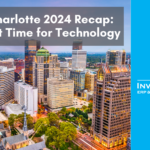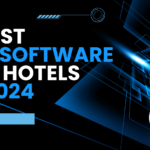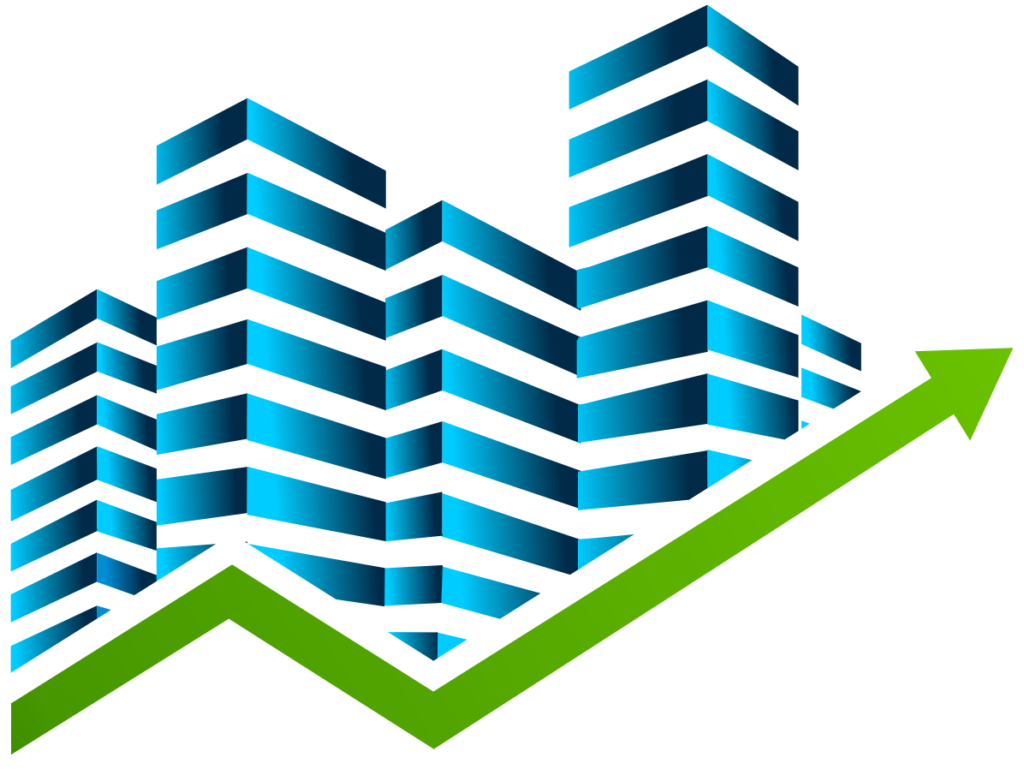In this faced-paced, ever-changing hotel business, you need your data from your various front-of-house and back-of house systems; you need it in one place, and you need it now.
Your front desk uses a PMS, your restaurant uses a POS, HR is using payroll and time & attendance software, and corporate has their accounting, budgeting, purchasing, and fixed assets software. When data from these different programs is isolated, processes are inefficient, and there can be miscommunication and errors. Decisions that are based on partial or inaccurate data can be costly for the company. These, so called, data-silos are the enemy of proactive and modern hotel management.
The way to eliminate these data-silos is through software integrations. The goal is to have your PMS, POS, payroll, time & attendance, AP, purchasing, etc., etc., etc. software integrated to the point that all relevant data can be accessed through a single-login and all departments have accurate, real-time data to make informed decisions.
The answer: software integration
A software integration sounds fancy and high-tech, but in simple terms, it is the process of unifying data from different systems.
The biggest benefit of integrating, i.e. consolidating, your data isn’t the ease or convenience of having a central point-of-record, or the streamlined time-savings, it’s the resulting intelligence. For example, data from your HR software becomes much more powerful when it is combined with performance data from your daily report and financial management. When blended, you get insight such as wages as a percent of revenue.
What is not a software integration?
However, when we talk about unifying data from different systems, it is usually implied that there is an automated process in place. Manual data entry of any kind, whether importing a spreadsheet, or keying in data, is not a software integration. First of all, it can never be in real-time. Second, there is too high a likelihood of errors. Therefore, it could never deliver the goal of better, more profitable decisions.
How do you integrate separate software applications?
To get the most out of your hotel software and sync your data, you will want to integrate your many disparate applications.
If you are using an in-house software or a legacy software, it could be a costly project requiring a team of engineers, unless your provider undertakes the development of the custom integration, which is still a slow and costly process.
However, if you are using a cloud-based software with modern infrastructure, then there are many pre-built integrations, as well as more integration options by taking advantage of an open API.
Hotel Investor Apps (HIA) offers a marketplace of Independent Software Vendors (ISVs), which are solutions that are already tightly integrated with HIA. In addition, Hotel Investor Apps has been busy building automated integrations with hospitality solutions from PMS and POS to payroll providers.
For example, HIA recently integrated with a new PMS and new POS system using their open API in a matter of weeks. That is the beauty of modern, cloud-based software and open APIs. The same “integration” with a legacy software could take months and months, if ever. This type of delay holds your company back from detailed financial insight and efficient management.
What about native integrations?
There is one more type of integration we haven’t talked about and that is native integrations. A native integration means that the application is native to the platform, in other words, it is built on the same foundation. All the data resides in the same database. Hotel Investor Apps, as an example, offers additional modules such as purchase orders, inventory, contract management, and fixed assets which are built on the same platform. To call these “tightly integrated” would be underselling the true level of connection. Since the data lives on the same database, there is no API.
When you use a platform which offers more native applications and more pre-built integrations, you interact with your multiple systems as if it was just one program, but you maintain all the specific functionality provided by the specialty providers. In addition, the level of analysis and intelligence you can glean from the software is magnitudes greater than data from each software individually.
To take it to the next, next level, ask us about integrated business intelligence software!
See what HIA can do for your back-office, schedule a live demo here.

Jaime Goss has over a decade of marketing experience in the hospitality industry. At Hotel Investor Apps, Jaime heads up marketing initiatives including brand strategy, website design, content, email marketing, advertising and press relations.










